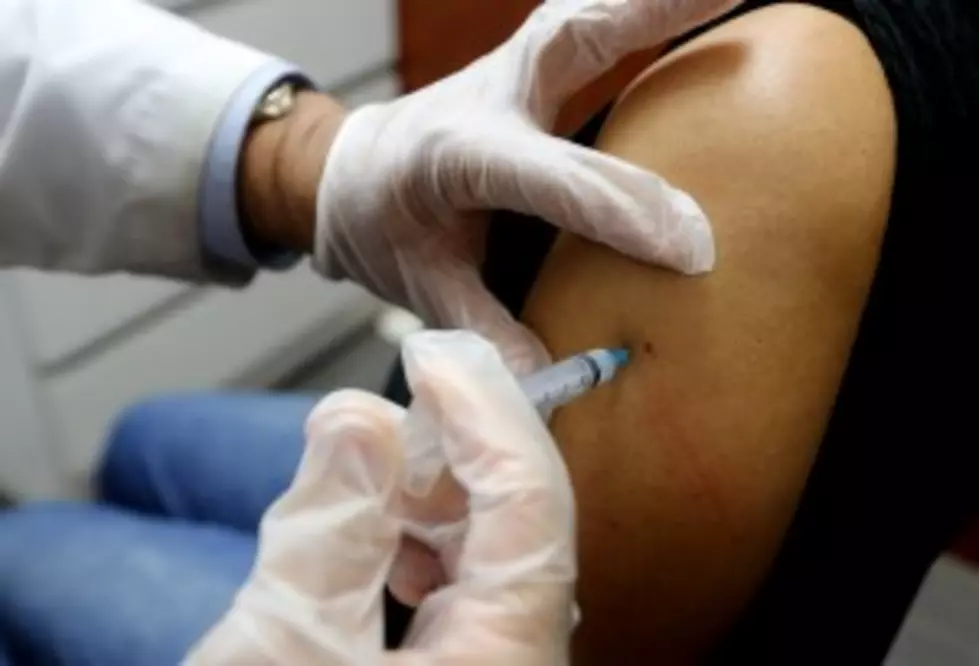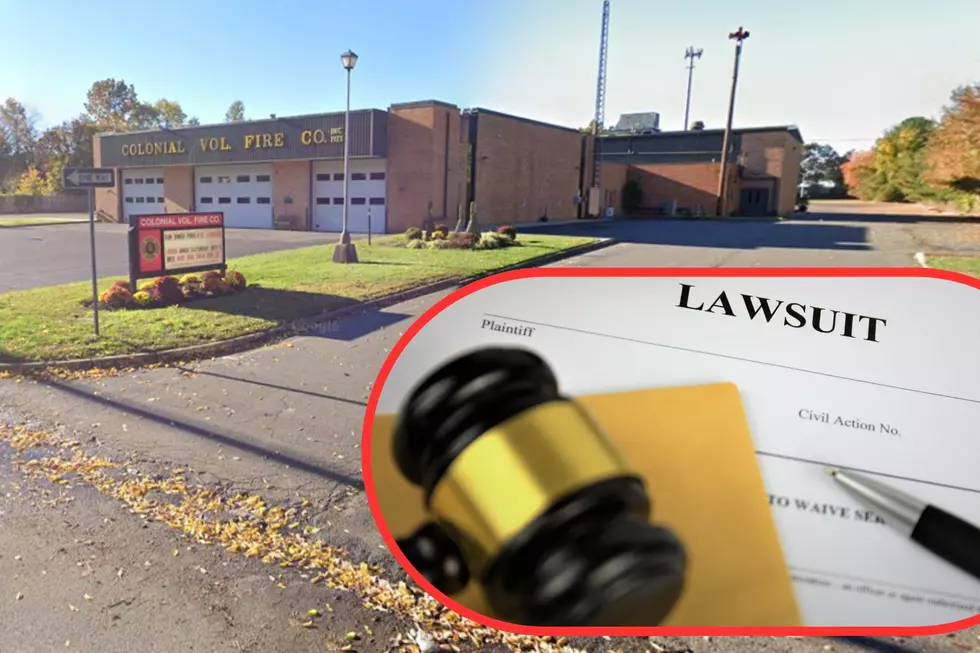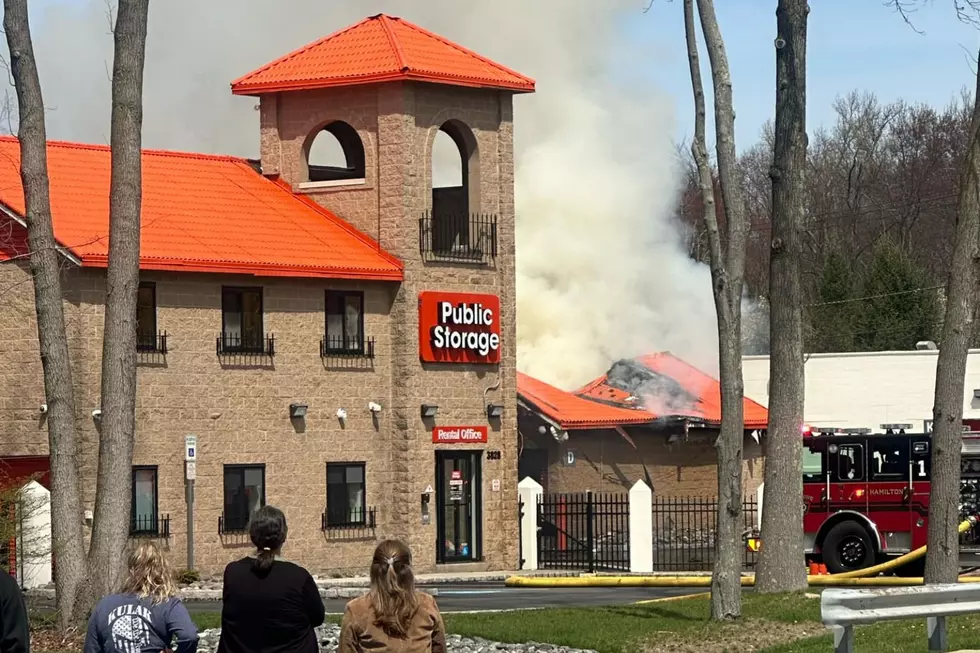
CDC: Nurse who gave dozens of flu shots with 2 syringes made lots of other mistakes
When a nurse administered flu shots to dozens of a company's employees with only two syringes — putting people at risk for hepatitis and HIV — she and her wellness company also made a series of other mistakes endangering the employees' health, the CDC said.
In a report issued Thursday, the CDC said the nurse also split two large vials that only had enough vaccine for 20 people into doses for 67 individuals at Otsuka Pharmaceuticals.
Total Wellness, her company, shipped the vaccine to the nurse's home, where she stored it in her own refrigerator without any temperature monitoring, the report said. She transported the vaccine in a Styrofoam container with cold packs, and brought unused doses back home the same way before shipping it back to the health services company.
According to the CDC, if at all possible, vaccine should be delivered directly to the vaccination clinic site. If that's not possible, the CDC says vaccine should be transported in a portable refrigerator "or a passive cooling system specifically designed and tested to maintain appropriate temperatures," using a calibrated monitoring device.
The CDC said because of the errors, it and the state Department of Health recommended testing the dozens of employees for HIV, hepatitis B and hepatitis C. It also recommended they be administered hepatitis B and flu vaccine — since the split-up doses were too diluted to be effective.
The West Windsor Health Department worked with an urgent care center to adminster the vaccines and perform the tests in early October, and HIV and mental health counselors were available on-site, the CDC said.
Forty-seven of the 67 participants received services through the urgent care center and the West Windsor Health Department; an unknown number of participants received treatment from their private health care providers, the CDC said.
NJ Advance Media reported Thursday that according to the Department of Health, so far none of the employees has contracted any illness related to the inoculations.
The CDC said in its report that while vaccination outside of traditional healthcare settings increases access, it's important that those involved receive proper training and oversight.
More From New Jersey 101.5 FM









